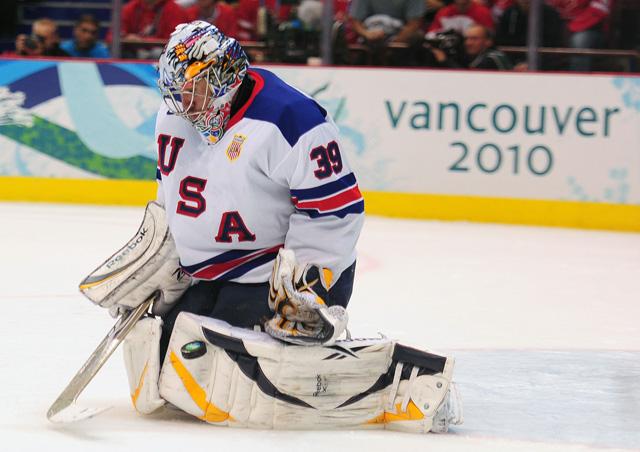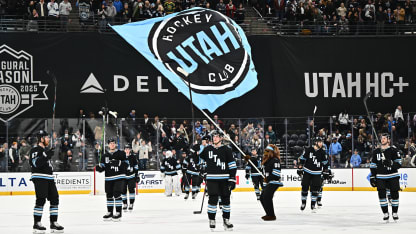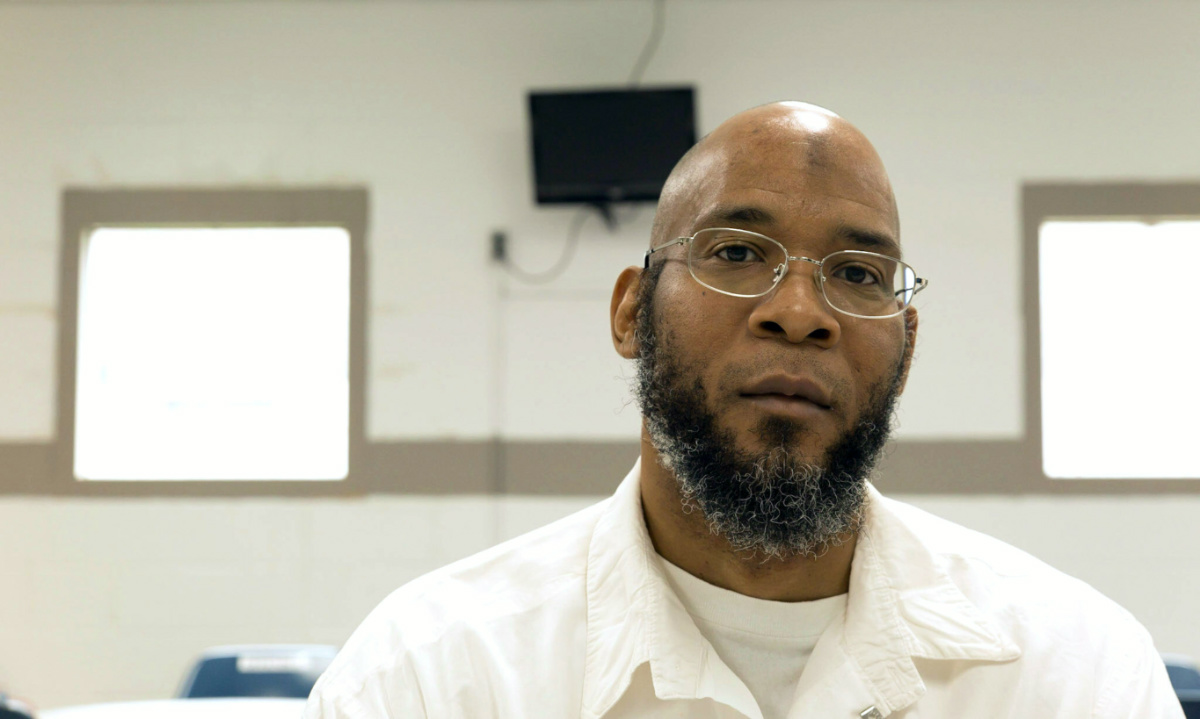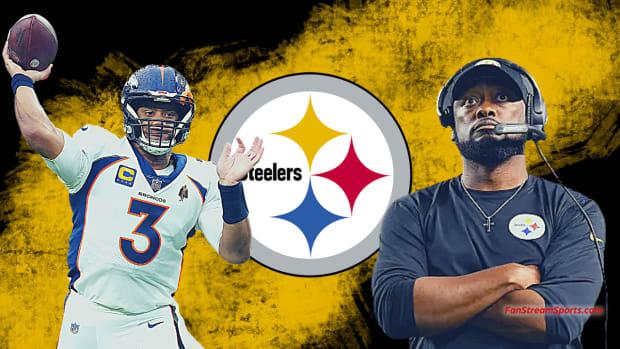On March 30th, Jonathan Quick officially passed Ryan Miller for most wins by an American goalie with 392. Ryan Miller had held the record since 2021, and had previously passed John Vanbiesbrouck. The debates were never too heated when Miller passed Vanviesbrouk, but now that Quick has passed Miller, the debates are to a new level. Miller and Quick have batted each other only 15 times in their career, most coming at the tail end of Miller’s career when he was in Anaheim. We never truly got to see two heavyweight, American goaltenders go at it in their primes. I will be taking an in depth look at both of their careers, and proving once and for all that Ryan Miller is still the greatest American goalie of all time.
I want to establish that I am looking at their whole career, and not just their NHL performance. So from their time in college, to the Olympics, to AHL, to NHL is all fair game. So first let us take a look at Quick’s all time accolades.
Jonathan Quick
- 2007 NCAA East Second All-American Team
- 2007 Hockey East (NCAA) Second All-Star Team
- 2010 Winter Olympics Silver Medal (Did not play in the tournament)
- 2011, 2016, 2018 All-Star Selections
- 2012 Most Shutouts
- 2012 NHL Second All-Star Team
- 2012 Conn Smythe Winner (Playoff MVP)
- 2014, 2018 Jennings Winner (Goalie tandem with the lowest GAA)
- 2012, 2014, 2023 Stanley Cup Champion (Did not play in the playoffs in 2023)
A very impressive list of achievements, especially the three (really two), Stanley Cups and the Conn Smythe in one of them. One thing he does not have is a Vezina Trophy for best goaltender in the NHL. Sure, he’s been nominated many times but he’s just never been good enough in the regular season to capture it. Funny enough people say all the time that “oh this player doesn’t show up in the playoffs.” For Quick it is the opposite. I am not saying Quick is not a good, or even great regular season goalie, because he most certainly is, but he was never elite in the regular season. Funny enough the one regular season I would say he was elite they got killed in the playoffs. Quick also played on some of the best teams of the 2010’s having prime Drew Doughty, prime Jeff Carter, prime Anže Kopitar and the list goes on. Quick certainly contributed a lot to those teams success, most evidently in the playoffs, but he was also playing with a load of future Hockey Hall of Famers.
Heading from the west coast to the east coast Ryan Miller, the pride of East Lansing Michigan. Miller is often overlooked despite his list of achievements.
Ryan Miller
- 2000 NCAA (CCHA) All-Rookie Team
- 2000, 2001 NCAA (CCHA) Conference Champion
- 2000, 2001, 2002 NCAA (CCHA) Goaltender of the Year
- 2000 NCAA (CCHA) Second All-Star Team
- 2000, 2001 NCAA (CCHA) Tournament MVP
- 2001, 2002 NCAA (CCHA) First Team All-Star
- 2000, 2002 NCAA (CCHA) Player of the Year
- 2001 NCAA Hobey Baker Award (NCAA Top Collegiate Player) Winner
- 2001, Jim Johnson Award (USA Hockey College Player of the Year) Winner
- NCAA (West) First All-American
- 2002 NCAA Hobey Baker Award Finalist
- 2004, 2005 AHL All-Star Game
- 2005 Baz Bastien Memorial Award (Best AHL Goalie)
- 2007 NHL All-Star
- 2010 Winter Olympics Silver Medal
- 2010 Best Olympic Goaltender
- 2010 Olympic MVP
- 2010 Olympic All-Star Team
- 2010 First All-Star Team
- 2010 NHL Foundation Player Award (Best applies the core values of ice hockey)
- 2010 Vezina Trophy Winner
Miller is going to need more than one trophy case to store everything he has earned in his career. He of course does not have the biggest trophy, that being the Stanley Cup. The Stanley Cup may be the pinnacle of hockey achievement, I think Miller has done more than enough to stake his claim as the top American goalie. Miller played on far worse teams than Quick, and he was always the best player on those teams. Sure Miller had Daniel Brière, Chris Drury, Brian Campbell but those aren’t names that jump out at you like the teammates of Quick. For this argument you really have to put the two players careers into context.
Miller played in Buffalo for most of his career, carrying these frankly bad Buffalo teams to relevance. He only made the playoffs four times with the Sabres, but you look at the seasons he missed and for most of them he’s still putting up elite numbers. In 2007-2008 Miller went 36-27-10 a very good record, considering he played 76/82 games and the Sabres had just lost their two best forward the year prior. The next season 2008-2009 Miller played less games and even after being run into the ground the season before still went 34-18-6. When your goalie puts up stats like that there’s no blaming him for missing the playoffs.
After Miller’s time with the Sabres he would admittedly play sub-par for the Blues and their playoff run, but then he would join the Vancouver Canucks where he would take a bad Canucks team to the playoffs, even after missing a good chunk of the season due to injury. Miller’s wins stats would fall off after his first season with the Canucks, but still putting up great save percentage and goals against average numbers for a team that was actively tanking. Miller would finish his career in Anaheim as a backup to fellow countryman John Gibson. As a backup Miller did not play a lot of games, but still but up decent numbers until his 40 year old season which was the first season back after Covid, where he went out with a whimper going 4-8-2.
Miller does not have the playoff appearances, or the Stanley Cups, that Quick has. However, Miller’s college, international and NHL play combined destroys Quick’s career. Miller has more 30 win seasons than Quick despite playing on worse teams, he has a better save percentage than Quick, and Miller has many more career achievements than Quick. People fail to look past the wins, and Stanley Cups Quick has and take a look at the sheer amount Ryan Miller has accomplished.










